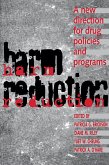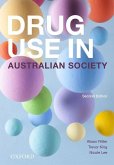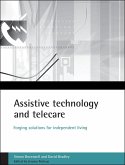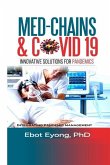Strength, Support, Setbacks and Solutions is a follow-up to Addiction Recovery: A movement for social change and personal growth in the UK (2012: Pavilion). It tests a number of the hypotheses and models of recovery outlined in the earlier publication by presenting and examining a range of accounts from those in recovery from alcohol or illicit drug addiction. The handbook re-familiarises the reader with the concept of recovery and its origins, recovery capital, contagion and recovery champions, before examining stories told by those in recovery about how they managed to achieve it and what it did for their lives. It goes on to examine the unique experiences of addiction professionals who are in recovery and who face the decision of disclosing their recovery status at both a personal and professional level. Focusing on a developmental pathway model, this handbook expands the notion that recovery is a gradual journey of growth and identity change mediated by social supports. It also acknowledges the significant role that mutual aid, social networks and recovery champions play in a person's recovery journey.
Hinweis: Dieser Artikel kann nur an eine deutsche Lieferadresse ausgeliefert werden.
Hinweis: Dieser Artikel kann nur an eine deutsche Lieferadresse ausgeliefert werden.

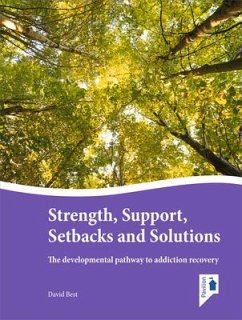
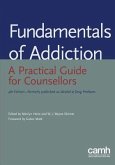
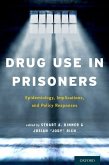
![How to Acquire Health, Strength, and Muscle [microform] How to Acquire Health, Strength, and Muscle [microform]](https://bilder.buecher.de/produkte/65/65556/65556155m.jpg)
